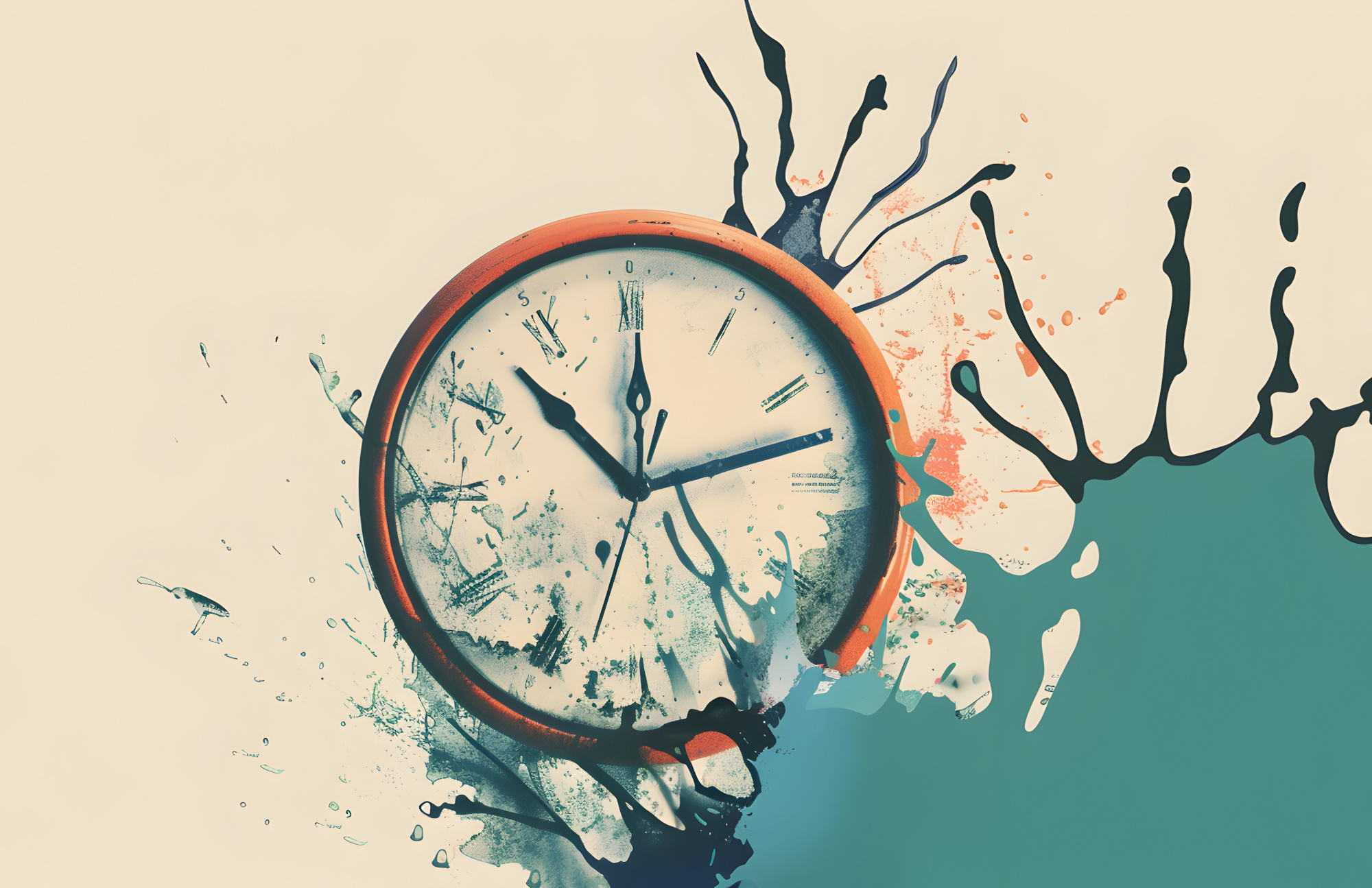Recovery from addiction is not an exact science, meaning there is no one way that works for everyone and there is no one formula that gets you into recovery easily. Addiction and mental illness often require rigorous treatment, whether that means detoxification, intense psychotherapy, or suffering from a long period of withdrawal. Despite rigorous treatment, though, recovery is also a balancing act between taking recovery seriously and also learning to let go of the things you can’t control. The need for control over everything in our lives can have harmful effects. Addiction itself is the very essence of losing control of substance use and the substance beginning to control you.
Learning to let go, while easier said than done, can be taught through practicing mindfulness, yoga, meditation, and several other holistic treatments implemented at The Ohana Addiction Treatment Center. To seek freedom from active addiction, learn the art of letting go, and embark on your addiction recovery adventure today, consider a treatment program with The Ohana.
Learning to Let Go
Learning the art of letting go is dependent on each individual’s personality. Some people can let go easily, while others may struggle with the constant need to control over everything. The first step to learning to let go is finding acceptance in what you can’t control, whether it be an addiction, mental illness, or other struggles you may be facing. This idea of acceptance is similar to the way acceptance is necessary for maintaining long-term recovery. To find freedom from addiction, you first have to accept your addiction, and only then can you begin to heal.
Some practices that can be implemented when learning the art of letting go include:
-
Yoga will help you connect your mind, body, and spirit through intentional breath and movement work. Yoga also helps promote relaxation, healing, and the ability to live in the present moment.
-
Meditation helps you understand the power and ability that you have deep down inside. Much like the practice of yoga, it also equips you with the tools needed to reduce stress, tap into inner peace, and create a connection to the breath and the present moment.
-
Mindfulness therapy is the embodiment of all holistic practices you may experience at The Ohana. Practicing mindfulness can be done within a group or one-on-one sessions, by practicing yoga and meditation or by partaking in many of the island adventures we may have planned for you. Mindfulness is implemented in the daily schedules of our clients in the hopes that we can teach you how to attain an in-the-present, non-judgemental state of being that helps to cope with past trauma and let go of your future worries.
By practicing mindfulness and learning to live in the moment, you will be more successful at learning to let go.
The Harm of Holding On
By not learning to let go, we can harbor a lot of negative energy within ourselves. Sometimes that manifests through resentment for someone else. Other times it means harboring resentment towards ourselves and the choices we’ve made. Nevertheless, that negative energy can manifest and do a lot of damage to your mental and emotional health. It might even lead to a downward spiral. Holding on to toxic, harmful things can threaten your recovery and prevent you from being able to think or behave logically. It can also impair your ability to accept the present or even cloud your judgment to the point of making bad decisions.
Being able to disengage negative energies is another essential step in learning to let go. This can be done by examining the core of that energy, and understanding where it comes from is the first step. Upon self-examination, you will be able to connect with your inner peace, which allows you to let go of any baggage you are still holding onto. You can also rid yourself of negative energy by:
-
Practicing mindfulness mantras or affirmations every day
-
Mastering calming techniques through yoga or meditation
-
Avoiding living in the past and letting your mistakes haunt you in the present
-
Identifying factors that trigger negative energies and learning healthy coping mechanisms that allow you to rid yourself of them
If the inability to let go is deterring you from achieving or maintaining long-term recovery, consider seeking a treatment program that implements these mindfulness-based techniques to treat mental health or substance use disorders. You will not be able to successfully embrace and thrive in the future if you continue holding onto your past.







